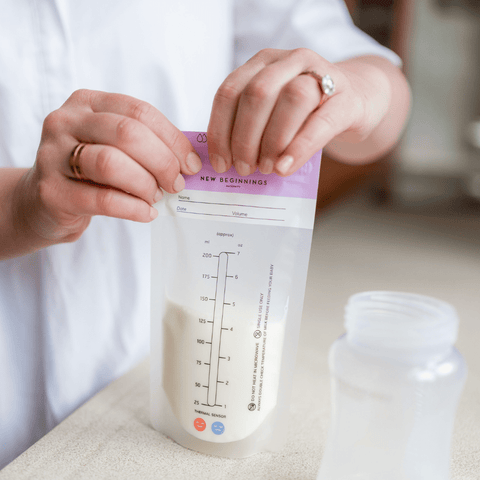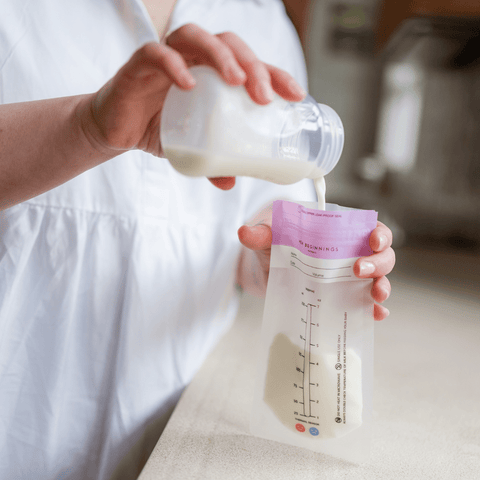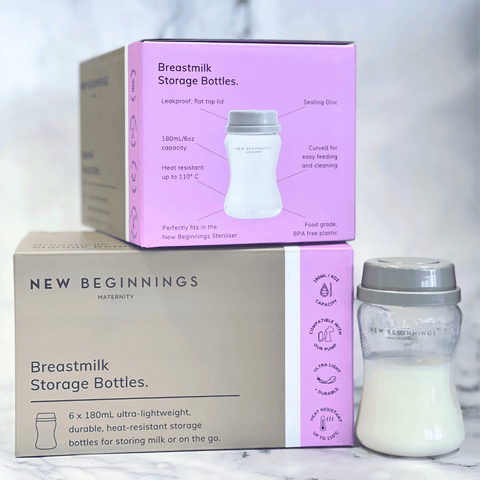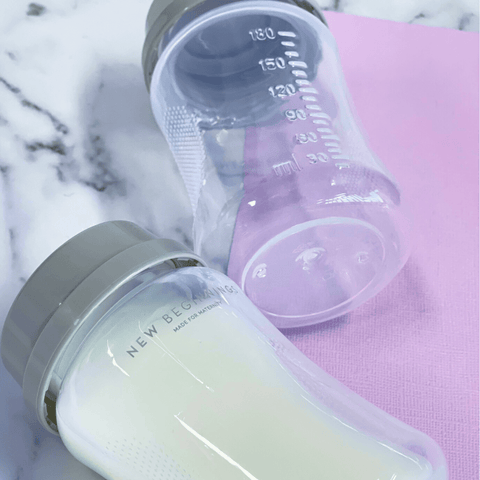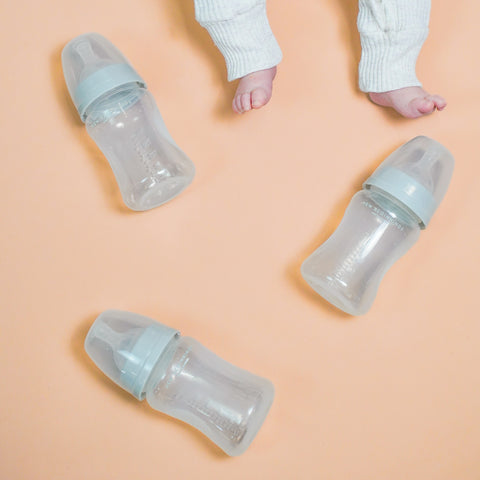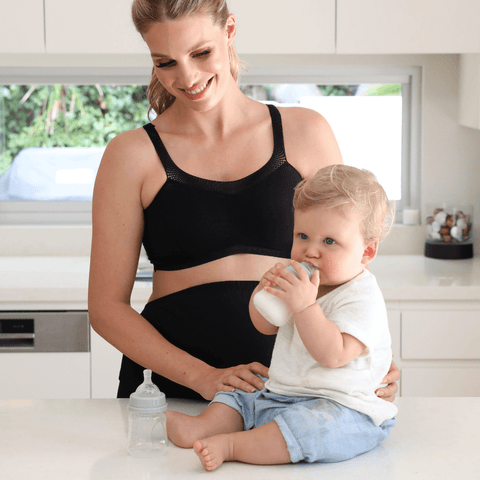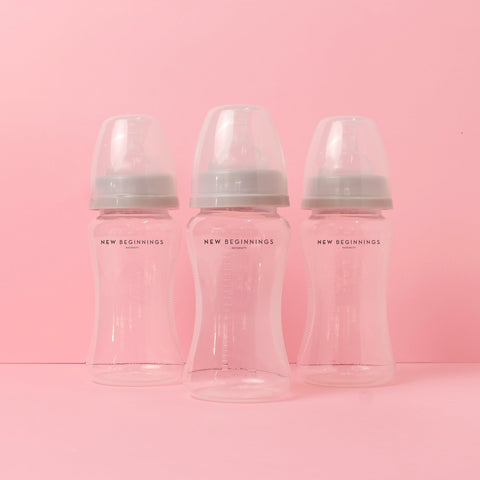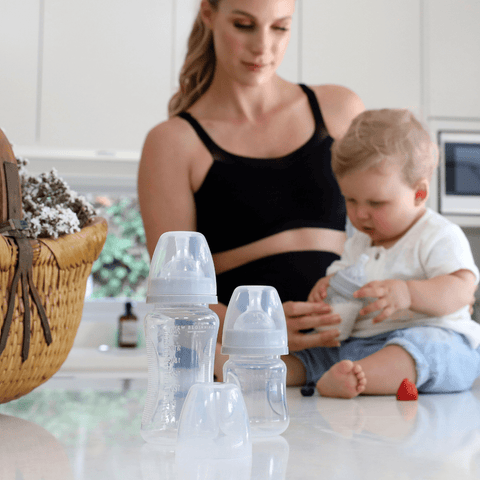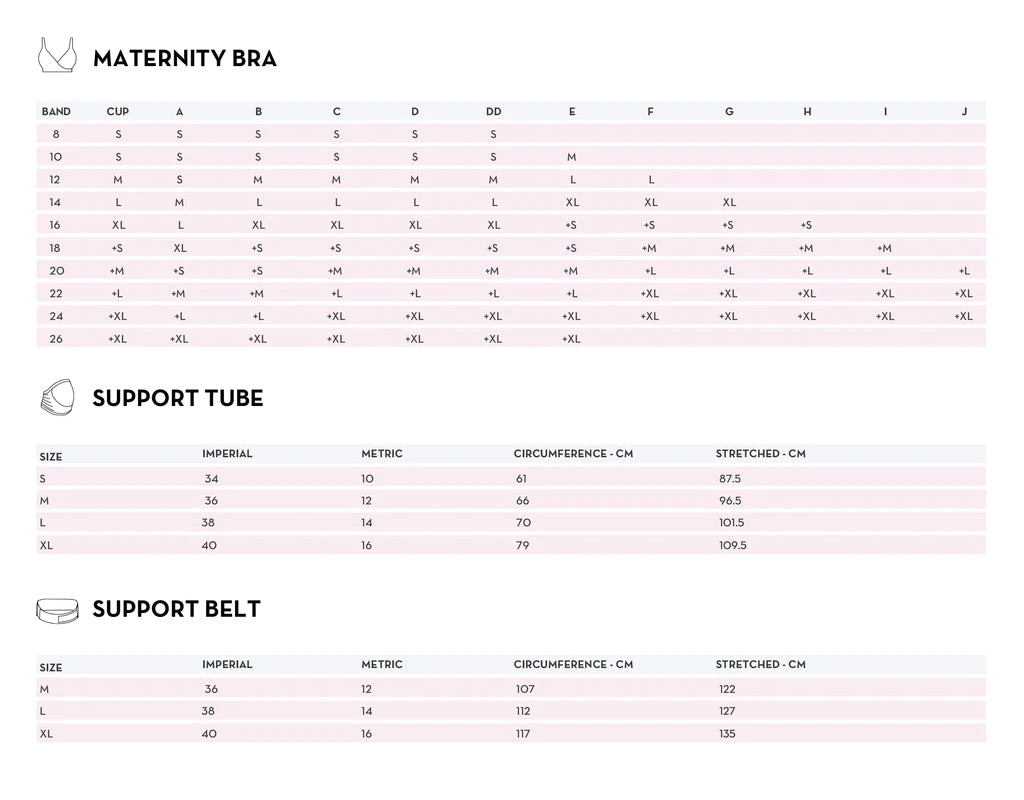Nutrition & Diet during Pregnancy

While good nutrition is important at any time, during pregnancy it becomes particularly so. While you require extra nutrients for yourself and your growing baby during this time, you don’t actually need to eat a great deal more in the way of kilojoules. The important thing during pregnancy is to eat food that is very nutrient-dense.
What is nutrient-dense food?
Nutrient-dense food contains a high proportion of nutrients in relation to its energy (kilojoule) count. You could say that nutrient-dense food is the opposite of empty-calorie food, such as confectionary and some other snack-type foods.
What are the general daily guidelines for eating?
- Eat most of – nutrient-dense foods such as wholegrain breads and cereals, vegetables, legumes and fruits.
- Eat moderately – calcium foods such as dairy or substitutes, and protein foods such as cooked meat, poultry, fish (low mercury), or eggs. Nuts and seeds are also good, and seaweed products for iodine.
- Smallest amounts of – foods high in sugar, fat and salt.
- Don’t forget to keep well hydrated at all times as well.
What extra nutrients are required in pregnancy?
- A folate (folic acid) dietary intake of 600mcg per day is especially important to prevent certain birth defects. The best sources are fortified breads and cereals, green vegetables, legumes, oranges, vegemite, strawberries, salmon and nuts. Authorities also recommend a supplement during pregnancy of 400mcg per day for the first month before pregnancy and throughout the first trimester.
- Iron needs increase in pregnancy to 27mg per day. Best sources are lean meats and fish, fortified cereals and breads, eggs, legumes and green vegetables. Animal sources such as meat and eggs are absorbed more efficiently than vegetable ones. Vitamin C helps with the absorption of iron, so a glass of orange juice with your morning eggs can be a good combination.
- Iodine becomes particularly important in pregnancy. Iodine is found in seafood, seaweed products, meat, eggs, dairy and iodised table salt.
Do I need supplements?
It’s important to speak to your doctor about your nutrition during pregnancy, including what supplements you should take.
Is there anything to avoid?
Definitely, especially since immunity is usually lower during pregnancy.
- Raw eggs, raw legumes or alfalfa sprouts, undercooked meats – these present a salmonella and toxoplasmosis risk.
- Soft cheeses, soft-serve ice cream, pate, raw fish, and cold deli meats – these present a risk of listeria.
- Excess seafood – high mercury risk. Salmon or tuna two to three times per week is fine, but caution should be used with billfish, deep-sea perch and catfish.
- Excess caffeine – this may reduce iron absorption.
- Too much vitamin A – which is toxic at high doses.
- Alcohol – ideally this should be avoided altogether.
In addition, it’s important to be particularly scrupulous about hygiene during this time. This includes washing hands, always washing fruits and vegetables, cooking foods thoroughly, and minimising contacts with household cats as they carry the parasite toxoplasmosis – harmful for your developing baby.
You may also find your tastes changing during pregnancy, which is quite common. There is no need for alarm, but if you do feel that this might be compromising your nutrition, consult your health care practitioner and/or a professional dietician.
Benefits of Relaxation for Pregnant Mums
We all know how good it feels to relax, and this can be especially important during pregnancy. Pregnancy can be a time fraught with anxious thoughts and stress for some women, particularly first-time mums. In this post we look at the importance of relaxation during pregnancy, and provide some tips on how to go about it.
Pregnancy stress
During pregnancy you may find yourself having anxious thoughts about the future. You may be wondering whether you will make a good parent, how you will cope with the labour and with a new baby, and whether you can manage on a reduced income.
While these can be very real issues, worrying about them doesn’t change them and nor does it do anything for your happiness. So you may as well relax a little. In addition, it’s hard to solve problems when you are wound up, and relaxation techniques and methods can very often lead to an increase in creative thinking and problem solving.
Benefits of relaxation
Relaxation has benefits for both mother and baby. Relaxation is good for reducing your blood pressure, enhancing your wellbeing and enjoyment of life, reducing pain and worry, and improving overall health. As for the baby, they are more likely to be relaxed if mum is!
Some relaxation methods and tools
- Meditation helps reduce mood swings, improve sleep, reduce anxiety, and even improve digestion and boost immunity. Types include passive practices such as mindfulness and mantra meditation, or active / dynamic practices like QiGong or Tai Chi. Consider joining a local class or making use of some of the free or low-cost online programs.
- Regular exercise. Exercise is known to improve wellbeing and reduce stress. Safe options during pregnancy include Hatha yoga, walking, swimming and other water exercises, bike riding, and Pilates.
- EFT (Emotional Freedom Technique) Tapping. This is a practical tool which involves thinking or talking about troubling issues while tapping on certain points on your body. Many people find EFT a wonderful method for reducing stress and anxiety and also for altering their perception of problems and issues.
- Plenty of rest! At this time, you really need to listen to your body and rest when you need to. And don’t fall into the guilt trap – if people around you want you to put your feet up and wait on you sometimes, lap it up and enjoy!
- Lots of laughter. Laughter helps reduce stress so make time to watch your favourite comedies and to hang out with happy people at least some of the time!
- A ‘babymoon’. Go on a pre-birth babymoon with your partner or a friend, or even on your own if you are so inclined.
Other ideas for relaxation include massage, aromatherapy, and beauty treatments for a self-esteem boost. Good nutrition can also help you to cope with the stresses in your life – so as well as employing some of the above techniques, make the effort eat really well and to always keep yourself well hydrated.

